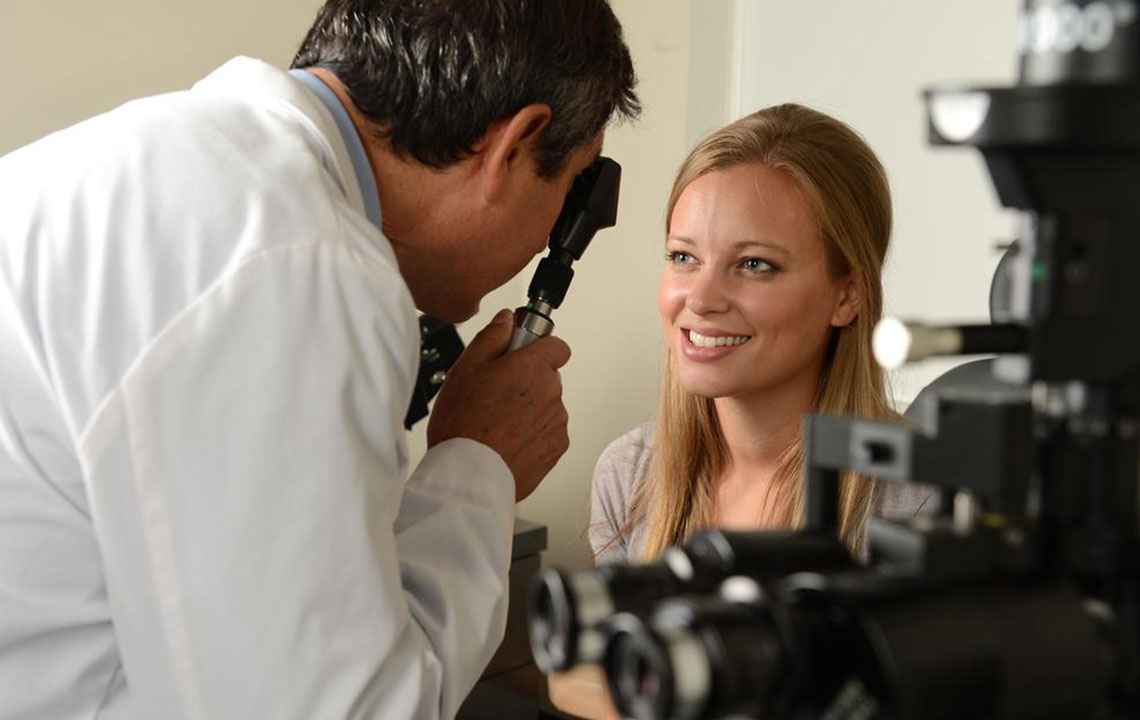Understanding the Costs of Cataract Surgery: What You Need to Know
Learn about the various costs associated with cataract surgery, including factors influencing expenses, insurance coverage options, and tips for managing different packages. Understand what to expect financially before undergoing the procedure and how to plan accordingly with insurance guidance.

Understanding the Costs of Cataract Surgery: What You Need to Know
Cataract removal involves replacing a cloudy natural eye lens with an artificial intraocular lens. The procedure is quick, typically lasting about five minutes, and causes minimal discomfort, enabling rapid vision recovery.
Each patient’s visual needs are unique, prompting personalized treatment approaches. The process includes diagnosis, patient counseling, pre-surgical tests, selecting the appropriate intraocular lens, correcting astigmatism, and enhancing corneal refractive errors post-surgery. Expenses for these stages contribute to the overall cataract surgery cost.
The cost of cataract surgery varies based on the healthcare services included. Insurance coverage affects the total, covering basic tests, diagnosis, and post-op care within the initial 90 days. Patients are responsible for additional expenses such as eyewear and medications, though some costs may be partially covered by insurance.
Pricing depends on the chosen package—either basic or premium.
Premium Surgery: Designed for optimal vision results, premium cataract surgery involves advanced intraocular lenses with sophisticated features. Prices range from $500 to $5000 per eye. These procedures often reduce dependence on glasses more effectively than basic options. For detailed cost estimates and deductible information, contact your insurance provider.
Basic Surgery: This option improves vision but typically does not eliminate the need for glasses afterward. Patients might still require bifocals or trifocals post-surgery.
Many insurance plans, including Medicare, help offset the costs of cataract surgery. Coverage often depends on your deductible and co-payments, with patients typically paying around 20% of the total expenses. Expenses may include pre-surgical tests like EKG, eye measurements, anesthesia fees, post-surgical eye care, and any necessary laser procedures like YAG capsulotomy, which costs roughly $300.
Consult with a trusted insurer to understand the full scope of costs, coverage, and payment responsibilities. Obtain clear answers to questions about co-payments, deductibles, surgeon preferences, coverage for eyeglasses, and approval of surgical centers to avoid unexpected charges. Ensuring that your preferred surgeon and surgical facility are covered can prevent significant out-of-pocket expenses.
Important Tips:
The information on this site aims to provide helpful insights across various topics. While our research strives for accuracy, readers should verify details independently and consult with insurance providers for precise costs. The site may not include all offers, schemes, or updates available in the market.










